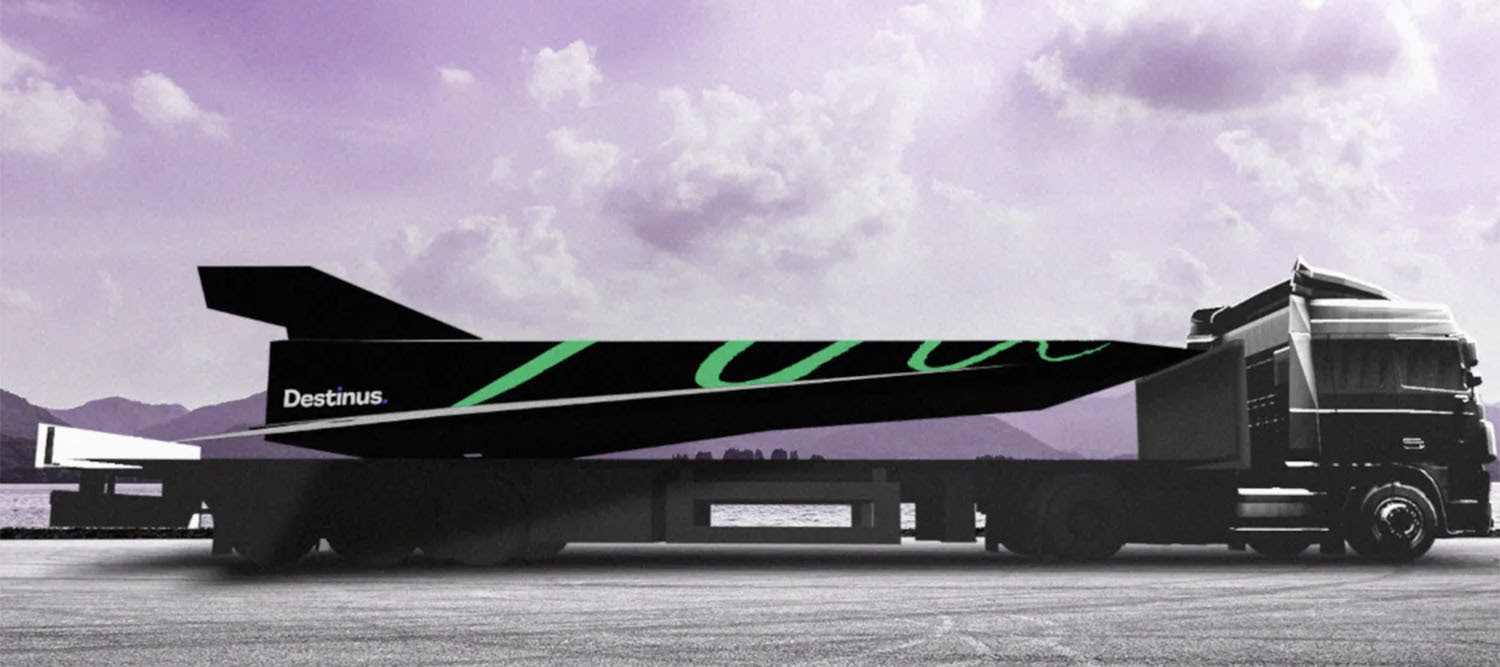Swiss start-up Destinus is designing a hydrogen-powered hypersonic aircraft that would fly from Germany to Australia in four hours. This project, financed in part by the Spanish government, is part of the Spanish program to become a leader in the development and manufacture of mobility solutions using hydrogen.
Within this framework, the start-up has received 12 million euros from the Spanish government to develop hypersonic hydrogen flights. This project is also financed by the European Commission’s Next Gen fund and involves Spanish companies and universities. Destinus, which has been testing its prototype for several years, announced the successful test flight of its second prototype, Eiger, in December 2022.
The goal is to offer a flight from Frankfurt to Sydney in 4 hours and a flight from Frankfurt to Shanghai in 2 hours and 45 minutes. The grant awarded by the Spanish government will finance the construction of a test site near Madrid for the compressed air hydrogen engines that the start-up Destinus is helping to design and test.
This first project will be followed by a second, estimated at 15 million euros, which will focus on research into liquid hydrogen propulsion and testing of propulsion systems for future supersonic aircraft using hydrogen. Currently, the amount of heat generated by the combustion of hydrogen poses a design problem for developers.
This problem is being studied in parallel by various universities and research institutes. In particular, the Royal Melbourne Institute of Technology in Australia has developed a 3D-printed catalyst that can interact with the combustion and cooling process of the fuel. This feature allows it to combat the high heat generated when aircraft fly at high speeds, Mach 5 or more, or five times the speed of sound.



Comment here